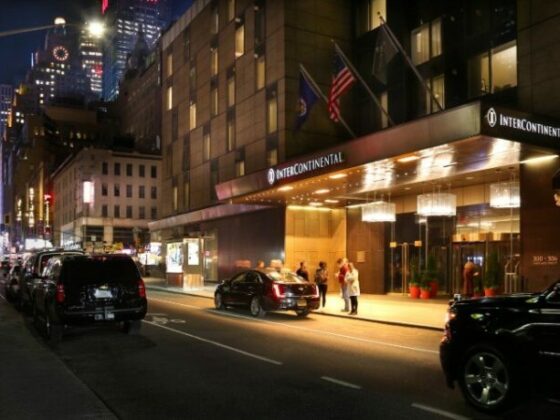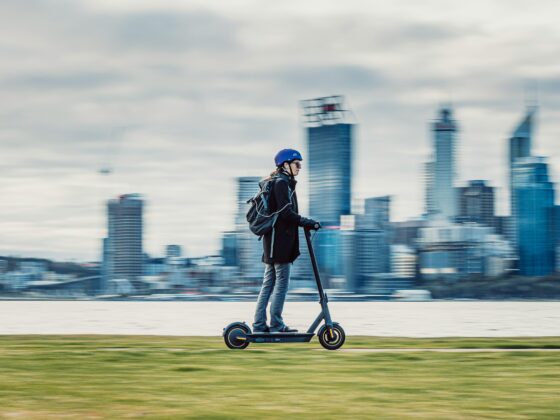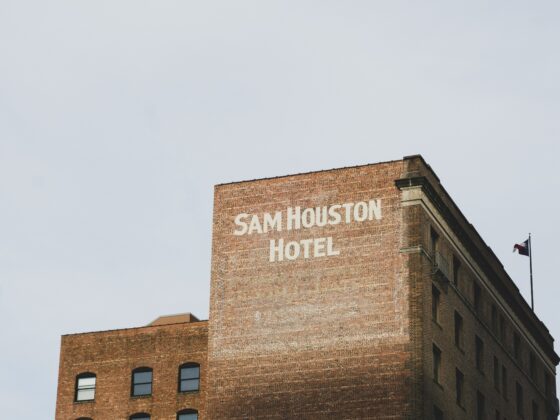
Ask any guest what defines a great hotel experience, and they’ll likely mention comfort, cleanliness, or attentive staff. But increasingly, it’s the technologies they don’t see—the ones preventing leaks, food spoilage, and service interruptions—that are doing just as much to protect a brand’s reputation. During HITEC 2025, a conversation with Beth Milano, IoT Solutions Consultant, MachineQ, turned to how these behind-the-scenes technologies are shaping hotel operations in subtle but powerful ways. As hotel IT and operations leaders look ahead to 2026 budget planning, it may be time to allocate more toward infrastructure that quietly reduces risk and improves efficiency.
Stop the Drip Before It Starts
At the high end of the hospitality market—where guests pay thousands of dollars a night and expect seamless experiences—water leaks are more than a maintenance issue. They’re a reputational risk.
“Luxury properties with residential units are particularly sensitive,” Milano explained. “Owners don’t want hotel staff entering their unit, and staff often don’t realize there’s a leak until it’s too late. If that leak spreads to guest rooms, the revenue loss and brand damage can be significant.”
IoT sensors that detect moisture and alert staff in real time can prevent this kind of disruption. More importantly, they can avoid the cascading effects: lost ADR, expensive remediation, and unhappy guests unlikely to return.
Digitizing Food Safety and Freeing Up Staff
Hotels with restaurants or event kitchens face another operational pain point: food safety compliance. Traditionally, staff record refrigerator and freezer temperatures by hand—a time-consuming task prone to shortcuts.
“Staff might forget to do it and just copy what was there yesterday,” Milano noted. “Now, digital monitoring takes that off their plate. It runs in the background, and if a food inspector comes in, you can download a report instantly.”
This shift is part of a broader trend toward automating repetitive, compliance-driven tasks—freeing up staff to focus on guest service and more complex responsibilities. It also supports another growing priority in hospitality: labor efficiency.
Staff Safety Isn’t Optional
In recent years, wearable panic buttons and associate alert systems have moved from “nice to have” to essential. Many hotel brands are rolling out such systems to meet legal requirements, union agreements, or brand standards. But the real benefit goes deeper.
When integrated with a broader IoT platform, these tools can help hotels respond to employee emergency situations faster and foster a culture of safety—critical in an industry still struggling with hiring and retention.
One Platform, Multiple Use Cases
One reason hoteliers have hesitated to adopt back-of-house tech is perceived complexity. But the architecture of these systems is changing. Many modern solutions use a modular approach: install the network backbone once, then add new devices as needs evolve.
“Once a hotel has the platform in place for leak detection, they can scale up with staff safety buttons or food monitoring without starting from scratch,” Milano explained. “That flexibility matters when budgets are tight and priorities shift.”
Beyond the Big Three: Sustainability Gets More Granular
Hotels increasingly report on energy, water, and waste as part of their ESG goals—but many still overlook the role operational tech can play in reducing all three.
“If you discover a leak in 15 minutes instead of two hours, you’ve just saved a huge amount of water,” Milano said. “The same goes for food spoilage. If a walk-in runs hot over the weekend and everything inside has to be tossed, that’s not just lost product—it’s landfill waste that must be reported.”
From scope 1 and 3 emissions tracking to utility cost savings, micro-level efficiencies add up. Operators who integrate sustainability into their infrastructure strategy are better positioned to meet regulatory expectations and public commitments.
Questions to Ask as You Plan
As budget season approaches, consider these prompts when evaluating investments in back-of-house tech:
- Can this platform scale across departments or use cases?
- How much operational downtime could it prevent?
- What reporting or compliance burdens could it reduce?
- Does it help meet sustainability goals in ways we’re not currently measuring?
- Is the return in avoided costs, not just new revenue?
The hotel tech stack of the future isn’t just about mobile check-in or keyless entry. It’s also about the silent technologies that reduce risk, improve staff productivity, and make sure no guest wakes up to a flooded floor.






